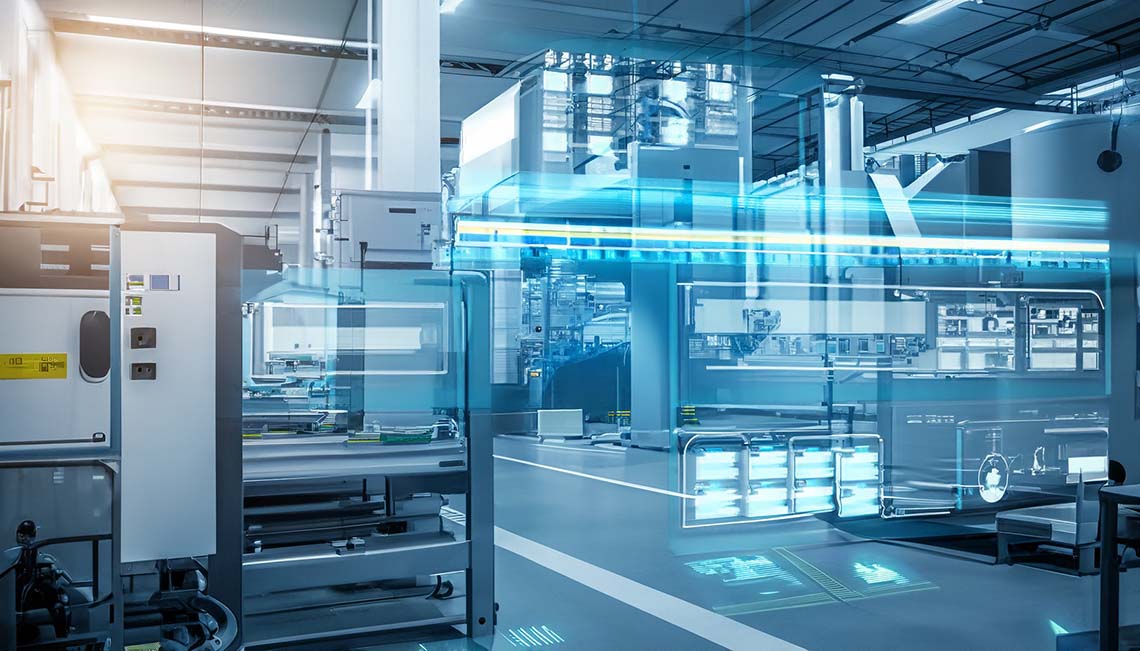The Current State of Sustainability in Manufacturing
So, here’s the deal. Manufacturing these days is at a pivotal juncture. Why? Well, it’s not just about churning out products anymore. It’s about doing it responsibly. And let me tell you, the stakes are sky-high.
Let’s take a look. 👀
Navigating the Rulebook
First off, let’s talk about the maze of regulations. The EU’s Emissions Trading System (ETS) isn’t just a piece of paper. Nope. It’s a financial tightrope, and the safety net? Virtually non-existent. Slip up, and you’re not just looking at a dent in your finances. Your brand’s image? That takes a hit too. So, the message is crystal clear: Get with the green program or brace for impact.
73% of people globally are willing to switch up their buying habits.
The Eco-Conscious Shopper
Now, onto the folks who hold the purse strings: the consumers. A Nielsen study dropped a bombshell—73% of people globally are willing to switch up their buying habits for Mother Earth. That’s not a ripple; that’s a tidal wave. Manufacturers, you better ride this wave or risk wiping out.
The Nitty-Gritty of Operations
Ah, the operational side of things. It’s a tangled web, let me tell you. You’ve got machinery that’s practically prehistoric, guzzling energy like a kid with a soda can. And then there’s your team, who might not know the first thing about eco-friendly practices. It’s a jigsaw puzzle, and missing one piece can mess up the whole picture.
…that's genius-level problem-solving.
The Data Game-Changer
But here’s the kicker. Data is the unsung hero in this saga. Hexagon’s blog was spot-on about this. Just look at General Electric. They crunched the numbers and—voila!—cut their water usage by nearly half in a handful of years. That’s not just smart; that’s genius-level problem-solving.
The Trendsetters
And hey, let’s give a shoutout to the trailblazers. Unilever and Tesla are setting the bar sky-high. Unilever’s Sustainable Living initiative is a masterclass in eco-friendly operations. And Tesla? Their electric cars are rewriting the rulebook on what sustainable transport looks like

Why Data is the Key to Sustainability
Alright, so let’s get into the meat and potatoes of this whole thing: data. Yeah, I know, it sounds like a buzzword that’s been tossed around like confetti at a New Year’s Eve party. But hear me out. Data is the secret sauce that can turn your sustainability dreams into reality.
You need those numbers to shine a light on what’s working and what’s, well, a dumpster fire.
The Numbers Don’t Lie
First things first, numbers are your best pals when it comes to sustainability. Think about it. How can you even begin to tackle something as mammoth as sustainability without some cold, hard facts? It’s like trying to hit a bullseye in the dark. You need those numbers to shine a light on what’s working and what’s, well, a dumpster fire.
Predictive Magic
Now, let’s talk about predictive analytics. Sounds fancy, right? But it’s basically your crystal ball. It can tell you when your machinery is about to throw a hissy fit or when energy consumption is about to skyrocket. It’s like having a weather forecast for your factory. You can prep for the storm before it hits.
It’s like having a sustainability guru on your payroll.
Automation Nation
And hey, don’t sleep on automation. It’s not just for making your life easier; it’s for making your operations greener. Automated systems can adjust energy usage in real-time, sort waste like a pro, and even manage your supply chain to cut down on those carbon footprints. It’s like having a sustainability guru on your payroll!
Case in Point: Aarbakke
Have you seen that YouTube video about Aarbakke? These folks are the poster children for data-driven sustainability. They use this nifty tool called Cognite Data Fusion® that tracks the carbon footprint of every manufacturing step. That’s next-level stuff, folks.
TEDx – Data-driven Design for Sustainable Competitive Advantage
In this enlightening TEDx Talk, Geoff McGrath discusses the power of data sharing for sustainable competitive advantage. He argues that data is a valuable asset that, when shared responsibly, can drive innovation and sustainability.
CASE STUDY
Culina Group's 9-Point ESG Action Plan
The Future of Sustainable Manufacturing
So, what’s on the horizon for sustainable manufacturing? Well, let me tell you, it’s not just a bunch of pie-in-the-sky ideas. We’re talking about a future that’s as green as a freshly mowed lawn and as innovative as a Silicon Valley startup.
Think IoT, blockchain, and AI. These aren’t just acronyms; they’re the building blocks of a sustainable future.
The Tech Revolution
First up, let’s gab about tech. We’re not just talking about shiny new gadgets; we’re talking about game-changing innovations. Think IoT, blockchain, and AI. These aren’t just acronyms; they’re the building blocks of a sustainable future. Imagine a factory where everything talks to each other, from machines to inventory, all working in harmony like an orchestra but without the conductor.
Circular Economy: The New Normal
Next, let’s chew the fat on the circular economy. This isn’t some eco-babble; it’s the future. We’re moving away from the ‘take, make, dispose’ model and heading towards a ‘reduce, reuse, recycle’ mantra. It’s like turning your factory into an eco-friendly loop where waste becomes a resource. Mind-blowing, right?
Hyper-Personalisation
Now, here’s a curveball: hyper-personalisation. You’re probably wondering what the heck this has to do with sustainability. Well, it’s simple. Personalised products mean less waste, less overproduction, and more satisfied customers. It’s a win-win-win, if you ask me.
Green Finance: Show Me the Money
Ah, the moolah. Green finance is becoming a big deal. Investors are no longer just looking at your profit margins; they’re scrutinising your sustainability creds. So, if you want to rake in the big bucks, you better make sure your operations are as green as a shamrock. ☘
The Nvolve Factor
Last but not least, let’s give a nod to Nvolve. Their Connected Worker solutions are like a Swiss Army knife for Operational Excellence, ESG and Sustainability. From cutting training time to boosting efficiency, they’re making it easier for manufacturers to walk the green talk.

In Closing
Sustainability in manufacturing is not just an ethical obligation but a business imperative. Data and technology, especially solutions like Nvolve’s ESG dashboard, can play a pivotal role in achieving these goals.
It’s time for manufacturers to move beyond traditional methods and embrace a data-driven future.





